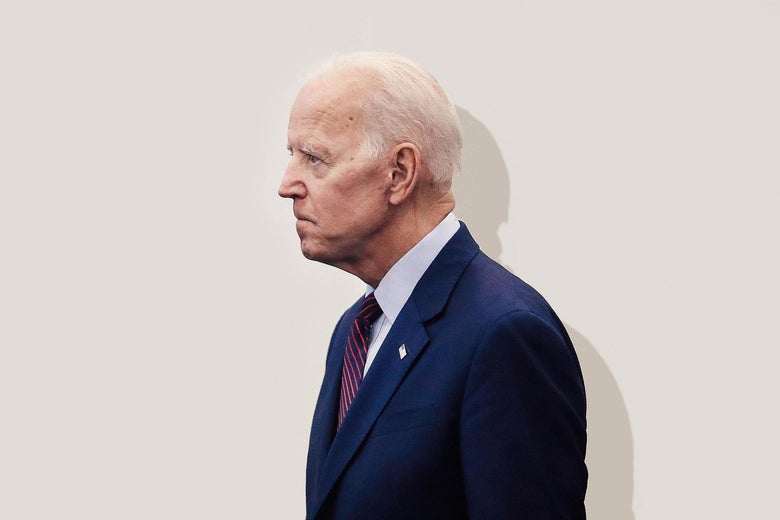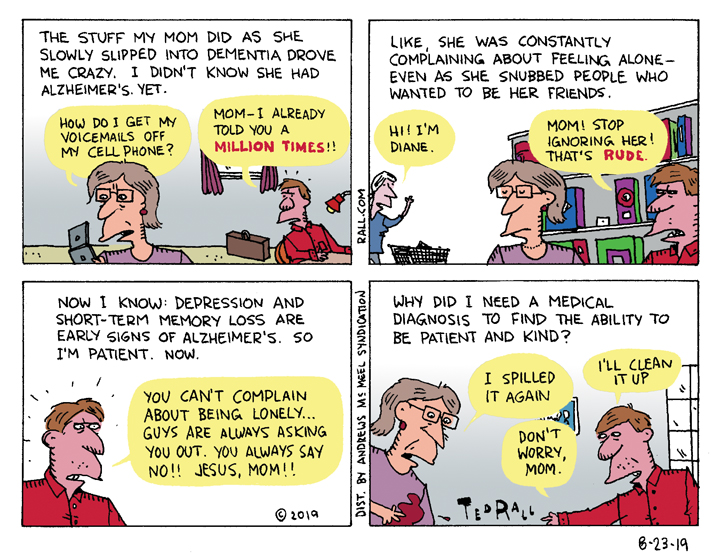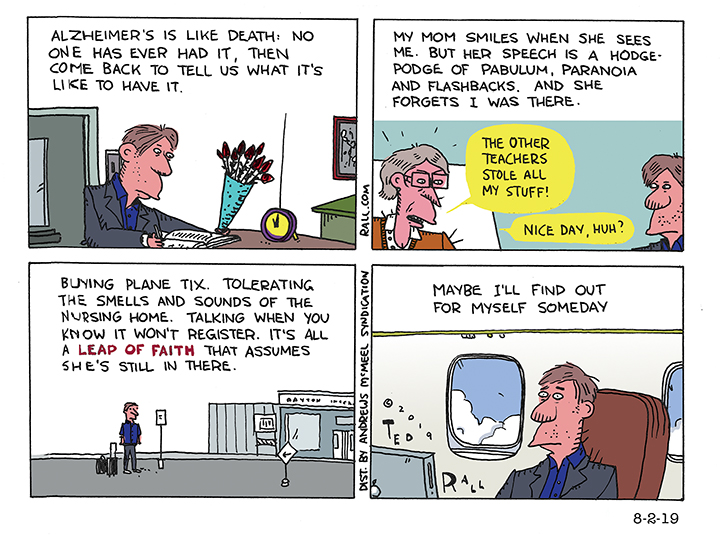Award-winning political cartoonists Ted Rall and Scott Stantis take on the week’s news and current events on the DMZ America podcast.
The world of politics shifted dramatically with the announcement by longtime Senate Republican leader Mitch McConnell that he would step aside from his position as minority leader, but stay in the Senate. A succession battle has already begun. What Ted and Scott are more interested in the message being sent by an 81-year-old politician, who has been seeing struggling with aging in public, to the president.
Idaho botched the attempted execution of a high-profile serial killer at the same time as Texas successfully executed an inmate who was probably innocent. Meanwhile, Alabama and Ohio say they will continue to use the bizarre and torturous nitrogen method to kill more inmates, despite the fiasco in Alabama a few weeks ago. How can it be, Ted and Scott ask, that the United States continues to deploy capital punishment? As an added bonus: a discussion of Christianity!
Finally, Bumble and other dating apps are having major financial issues as Generation Z turns against the idea of finding true love online in favor of doing it the old-fashioned way.
Watch the Video Version: here.
Social media, dating, love, romance, bumble, generation Z, Internet, Mitch McConnell, senate, aging, Joe Biden, succession, Idaho, Alabama, Ohio, Texas, capital punishment, death penalty, Christianity, crime and punishment, Ted Rall, Scott Stantis, DMZ America podcast, political podcast, politics podcast, cartoonist podcast, cartoon podcast, cartooning, political cartoon, political cartoonist







 Two weeks ago Bernie Sanders announced his “right to a secure retirement” plan. The media didn’t notice, the voters didn’t care, no one’s talking about it. But the problem is huge and about to get huger. And the government isn’t doing jack. As I wrote a year ago in a
Two weeks ago Bernie Sanders announced his “right to a secure retirement” plan. The media didn’t notice, the voters didn’t care, no one’s talking about it. But the problem is huge and about to get huger. And the government isn’t doing jack. As I wrote a year ago in a